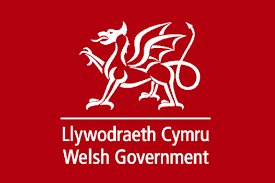March Budget 2020
“Levelling up and getting Britain building”
In the first Budget since October 2018, the new Chancellor of the Exchequer, Rishi Sunak MP, announced the government’s commitment to levelling up across the UK by raising productivity and growth in all nations and regions, creating opportunity for everyone, and addressing disparities in economic and social outcomes.
In total, around £640 billion of gross capital investment will be provided for roads, railways, communications, schools, hospitals and power networks across the UK by 2024-25. The government will publish a National Infrastructure Strategy later in the spring but the Chancellor announced plans to commit £5 billion to support the rollout of gigabit-capable broadband in the most difficult to reach areas of the country so that all areas are able to benefit. In addition, government will commit up to £510 million, which will be more than matched by industry, to ensuring that 95% of the UK’s landmass will have high quality 4G mobile coverage by 2025. This investment will level up connectivity across the UK, particularly in rural areas.
As part of over £1 billion that the government has already committed to next generation digital infrastructure, the Budget announced the next seven areas that have successfully bid for funding from the third wave of the Local Full Fibre Networks Challenge Fund: North of Tyne (£12 million), South Wales (£12 million), Tay Cities (£6.7 million), Pembrokeshire (£4 million), Plymouth (£3 million), Essex and Hertfordshire (£2.1 million) and East Riding of Yorkshire (£1 million).
To ensure that the UK remains a dynamic and competitive regulatory environment, the government is launching a Reforming Regulation Initiative to collect ideas for regulatory reform, as well as implementing the recommendations of the Furman Review of digital competition.
The UK’s success in the global economy will be rooted in innovation and cutting-edge technology and government plans to increase public R&D investment to £22 billion per year by 2024-25.






